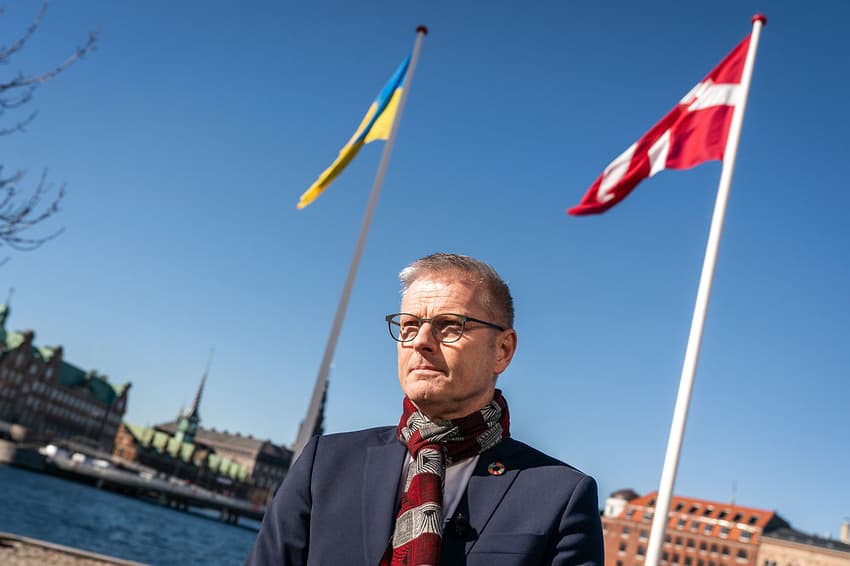Four countries lose Danish development aid as funds diverted to help Ukrainian refugees

The Danish government has set aside two billion kroner to enable the country to take in refugees. The spending will be funded by diverting the country’s development aid budget from countries including Syria, Mali and Bangladesh.
A Foreign Ministry list of projects that will lose financial backing also shows that Burkina Faso will also lose out on previously pledged Danish development aid.
The projects are to see their funding withdrawn because the government is diverting its foreign development aid to cover the costs of taking in refugees domestically.
Minister for Foreign Development Flemming Møller Mortensen told newspaper Berlingske that the diversion of aid spending was uncontroversial.
“The primary aim of the government’s foreign development strategy is that refugees must be helped in near areas [to conflict, ed.]. Denmark has now actually become a near area, and a special responsibility follows that,” Mortensen said.
“There is therefore no contradiction between what our strategy states and what we are doing now,” he said.
The two billion kroner in foreign development aid for refugees from Ukraine is based on an estimate of 20,000 refugees arriving in Denmark.
The government has signalled that is believes “significantly more” than that number will now come, according to Immigration Minister Mattias Tesfaye.
Should that happen, further funds could be taken from the foreign development budget.
War-torn Syria and neighbouring regions are to lose 50 million kroner due to the decision. Mali, which is plagued by terror groups, loses 70 million kroner, and Bangladesh, one of the world’s poorest countries, will lose 100 million kroner in Danish aid spending.
Comments
See Also
A Foreign Ministry list of projects that will lose financial backing also shows that Burkina Faso will also lose out on previously pledged Danish development aid.
The projects are to see their funding withdrawn because the government is diverting its foreign development aid to cover the costs of taking in refugees domestically.
Minister for Foreign Development Flemming Møller Mortensen told newspaper Berlingske that the diversion of aid spending was uncontroversial.
“The primary aim of the government’s foreign development strategy is that refugees must be helped in near areas [to conflict, ed.]. Denmark has now actually become a near area, and a special responsibility follows that,” Mortensen said.
“There is therefore no contradiction between what our strategy states and what we are doing now,” he said.
The two billion kroner in foreign development aid for refugees from Ukraine is based on an estimate of 20,000 refugees arriving in Denmark.
The government has signalled that is believes “significantly more” than that number will now come, according to Immigration Minister Mattias Tesfaye.
Should that happen, further funds could be taken from the foreign development budget.
War-torn Syria and neighbouring regions are to lose 50 million kroner due to the decision. Mali, which is plagued by terror groups, loses 70 million kroner, and Bangladesh, one of the world’s poorest countries, will lose 100 million kroner in Danish aid spending.
Join the conversation in our comments section below. Share your own views and experience and if you have a question or suggestion for our journalists then email us at [email protected].
Please keep comments civil, constructive and on topic – and make sure to read our terms of use before getting involved.
Please log in here to leave a comment.